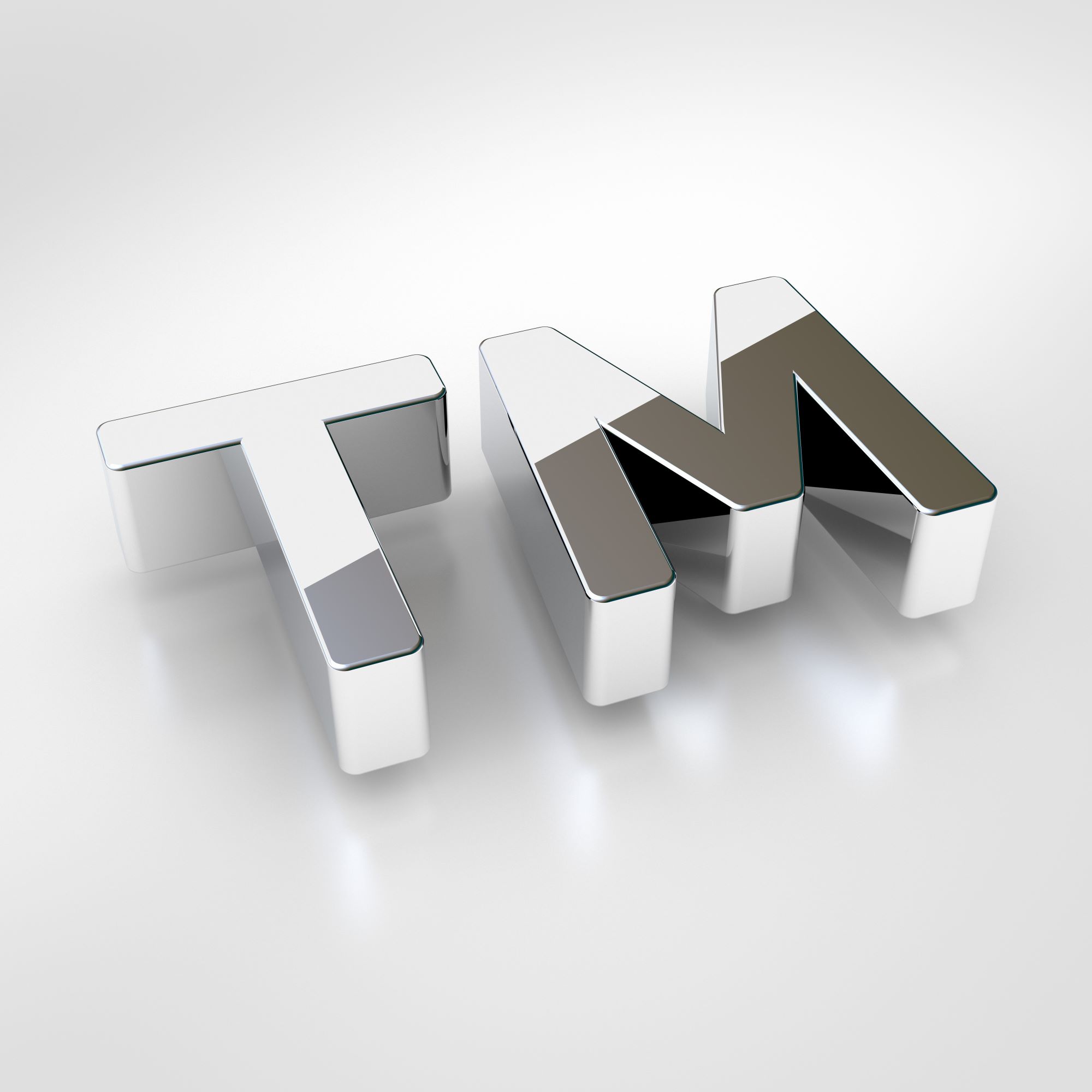What Can and Cannot be Trademarked?

A trademark is something that represents your brand in the marketplace. Typically, business or product names, logos, or slogans are registered as trademarks. Items such as distinct product packaging, colors and sounds may also obtain trademark protection. The USPTO will not grant registration for generic or descriptive terms or anything that may be confusingly similar to an existing mark. Inventions and works of authorship require different intellectual property protections.
What is a Trademark?
A trademark is something that helps consumers identify your business as the source of a product or service. A strong federal trademark serves as a valuable marketing tool and will work to establish brand recognition. As you differentiate your business from others in your industry, your trademark will help consumers identify your products or services in the marketplace, which will allow you to grow and expand your business.
The United States is a first-to-use country, which means you do have some trademark protections simply by using the mark in the marketplace. Unfortunately, these protections are extremely limited. For instance, in many cases, these unregistered “common law” trademark rights would only protect your brand in the small, geographic area where your business is located. This means that when you plan to expand into other areas, you may face challenges if a similar mark is already in use. It’s also more difficult to assert common law trademark rights in a formal legal proceeding. In order to have full protection and the presumption of validity in all fifty states, you should register your trademark with the United States Patent and Trademark Office, or USPTO.
What Can Become a Registered Trademark?
Do you need assistance in a trademark matter?
Gerben IP has registered over 7,300 trademarks since opening our doors in 2008. We work with clients from all 50 states and 30+ countries around the world. Contact us today for a free consultation with a trademark attorney.
Think about some of your favorite brands, and how each is recognized in the marketplace. Have they chosen a memorable business name? Maybe their logo catches your eye. Perhaps you even smell your favorite dessert’s trademark in a mall or airport food court. Yes, all of these examples, and more, can become registered trademarks. The USPTO currently accepts trademark applications for the following:
It’s important to note that most businesses typically need more than one trademark registration to protect their brands. Most owners tend to begin with a trademark registration for their business name, and that is a great place to start, but don’t overlook other potential odd / offbeat trademarks, including your logo, slogan, or color scheme. Each will need its own registration. Consider working with an experienced trademark attorney to determine which aspects of your business should be considered for trademark registration.
What Cannot Become a Registered Trademark?
The USPTO has guidelines on which marks cannot obtain registration. First and foremost, the USPTO will not grant trademark protections to any mark that may be confusingly similar to a mark already in use. Before you submit a trademark application, you should complete a comprehensive trademark search to be sure your mark does not already exist.
In addition, generic or descriptive words will not be given trademark protection. For instance, a toy called “Fun Toy” will never be approved by the USPTO, because there is no way to keep others from describing a toy as ‘fun.’ Surnames are considered descriptive, and though it is possible to trademark a surname, the process is much more challenging and could take years of documentation to prove the name truly represents your business. Until recently, obscene words and symbols have not been approved by the USPTO. In a June 2019 Supreme Court ruling, however, the ban on trademarking “immoral” or “scandalous” words or symbols was lifted.
Some aspects of your business may require intellectual property protection of a different kind. Inventions, for instance, will need a patent issued by the USPTO to be protected against infringement. Works of authorship, on the other hand, should be registered with the U.S. Copyright Office. Common copyrights include works of art, novels, songs, and even computer coding. Work with your attorney to decide how to protect your brand’s intellectual property.
Trademark Basics
A strong trademark is critical to your brand’s success. It will enhance product recognition and promote customer loyalty while providing valuable legal protections against infringement. Consider which aspects of your business represent your unique brand. Non-generic words, logos, slogans, colors, smells, and sounds can all be registered with the USPTO, as long as you can demonstrate how they represent your business. Inventions and works of authorship cannot become registered trademarks and should be protected with patents or copyrights respectively. As always, work with an experienced attorney to determine what aspects of your business need protection and how best to protect them.
Do you need assistance with a trademark matter?
Contact an Attorney Today